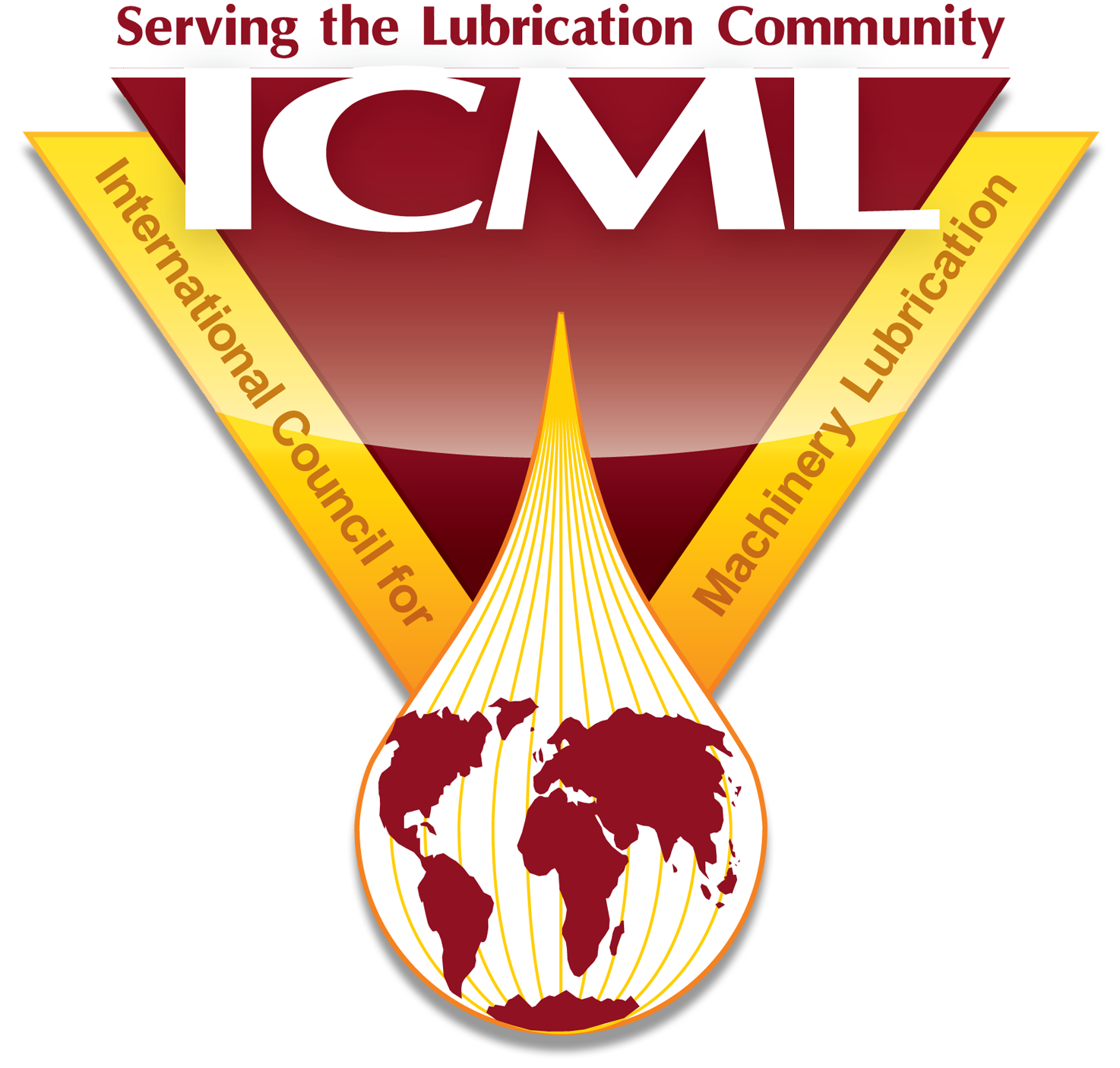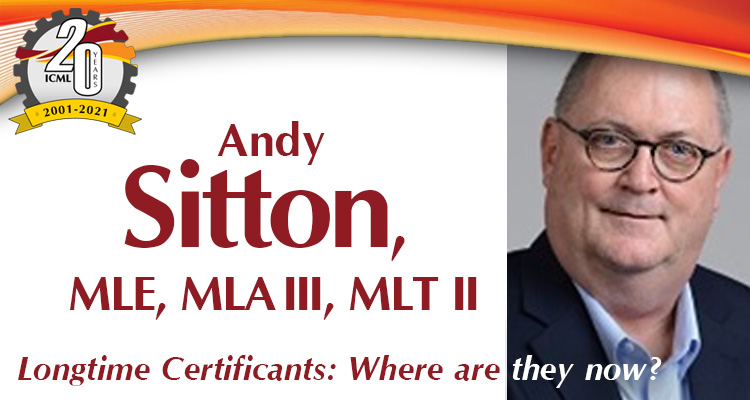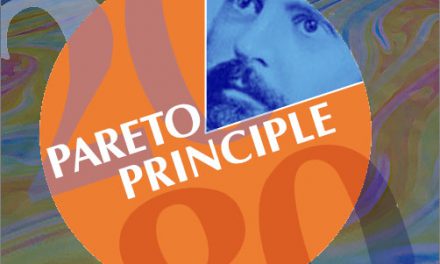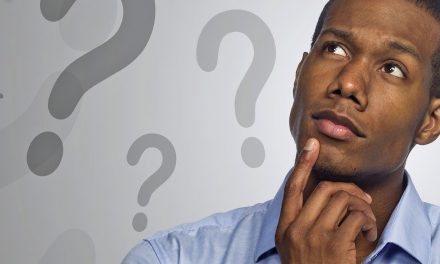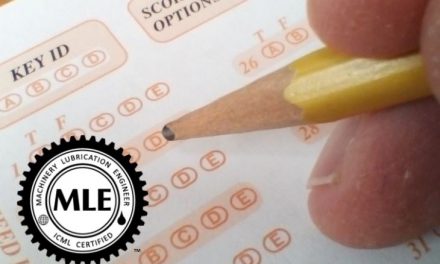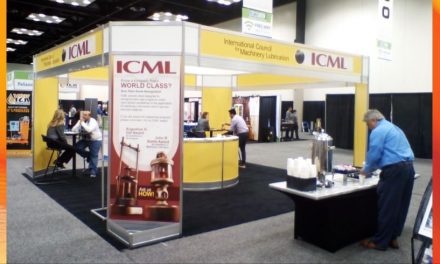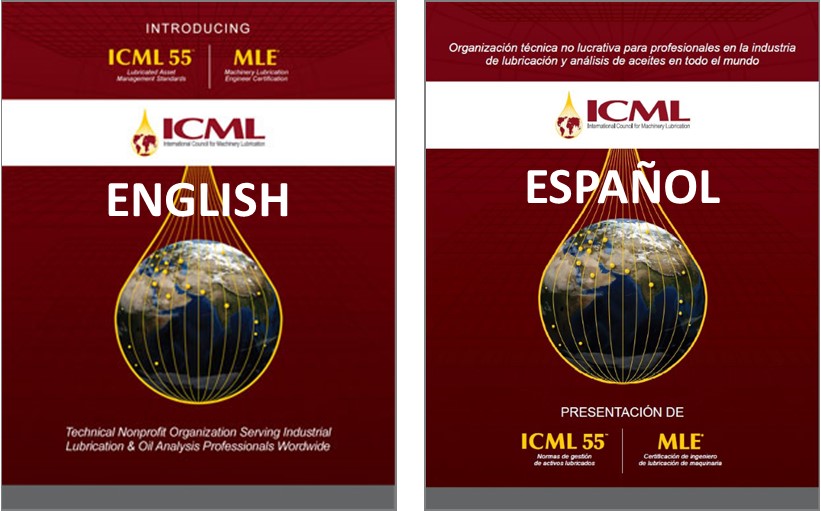December 15, 2021 | Today we meet Andy Sitton, the co-founder and current technical director of Focuslab Ltd. in Thailand. Andy has a long and prolific relationship with ICML, having earned his first certifications with us when he passed both the MLA II and MLA III exams in Louisville, KY, way back in 2007. A well-traveled man, he proceeded to earn MLT I and LLA II in Mandaluyong City, Philippines, and then his MLT II in Bangkok, Thailand, all by the end of 2008. Finally, he was among the first wave of practitioners to achieve MLE certification in 2019 (in Houston, TX). At the time he sat his first exams with us, he had already established Focuslab in Bangkok, so he has been serving clientele there for longer than ICML has been around! In his survey responses below, Andy cites his early mentors, the challenges of Zoom, and the practicality of certification.
What education/career background led you into a lubrication career, and what prompted you to seek ICML certification?
I started in a USA laboratory and just kept with it. After starting Focuslab, I wanted to see what certification was all about. Also, it was part of my job, which is giving oil analysis training. So, to be qualified to teach, you have to have the credential. Then, as more types of credentials were being offered, and higher levels, we decided to keep going as far as we could.
Briefly recap the occasion of your first ICML certification exam in 2007.
I had to travel back to the USA to take it…jet-lagged while I was supposed to be alert. My main concern was that I was taking this exam in my native language, but others were not so lucky. It was nice to see ICML adapt to the foreign languages and outside USA locations.
What has motivated you to recertify consistently all these years?
Continued employment was obviously the main motivation. As I’ve gotten older, I have found that I enjoy teaching the courses more than any other tasks in my normal day job.
How has ICML certification helped you the most?
There is not a single course that I am called on to conduct or assist with, where I don’t learn something new from the course participants.
What is your favorite memory/experience of your lubrication journey?
My favorite experience was working in military SOAP (Spectrometric Oil Analysis Program) and rotary-wing aircraft. Also passing the MLE exam was a personal great moment.
Who has helped or encouraged you along the way?
Mentors: Carton Joyce and Bob Starling. Carlton Joyce was the excellent marketing strategist and Bob Starling almost a father figure, since he sent me on my first international posting in the Middle East.
How was your role impacted by covid-19 restictions since 2020, if at all?
I had to learn to like video conferencing. I’ve always enjoyed the face-to-face contact in training sessions; I’ll ask a question to the group and read the faces to tell if I’m getting through or not. But training by ZOOM and MS TEAMS has its challenges by removing that feedback, since most participants have their microphones off or the video off, or even both (LOL).
How has lubrication technology (for application, sampling, or analysis) changed the most since you were first certified?
Varnish detection can be measured and quantified. And analytical ferrography helps to reduce the amount of missed-failures and false-alarms due to particle size issues.
What would you identify as your top tool or technology on the market today, and why?
Linear sweep voltammetry, because this technique has expanded our analysis of depleted additives.
What remains the biggest challenge to the implementation and/or sustainability of successful lubrication programs?
Biggest challenges are communication and sample analysis lead time–probably always will be.
Favorite town/region where you have worked
Southeast Asia, Jakarta (Indonesia), and Bangkok
Hobbies, Interests, activities outside of work
Flying RC helicopters and airplanes
Other professional associations
Certified Lubrication Specialist (CLS) through STLE
